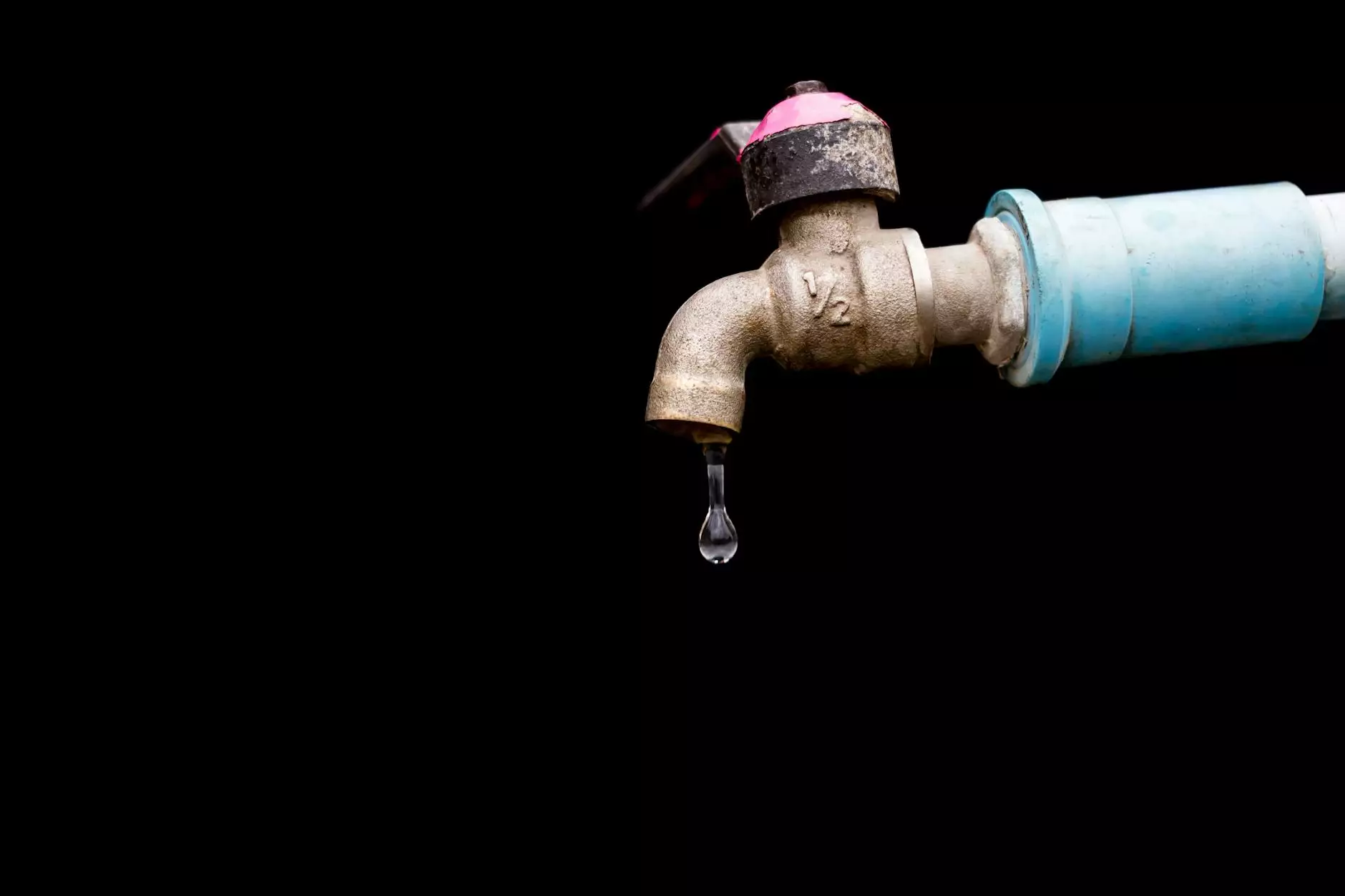Equine Sports Medicine: Ensuring Optimal Health for Competitive Horses

Understanding Equine Sports Medicine
Equine sports medicine is a specialized area of veterinary care focused on the health and performance of horses participating in various equestrian sports. The importance of this field cannot be overstated, as it plays a crucial role in maximizing a horse’s athletic performance while minimizing the risk of injury. This article will delve into the key components and practices of equine sports medicine, highlighting its impact on the overall well-being of competitive horses.
The Importance of Equine Sports Medicine
The significance of equine sports medicine transcends just keeping horses healthy. Here are several reasons why it is essential:
- Injury Prevention: Regular check-ups and screenings can help identify potential issues before they become serious injuries.
- Performance Optimization: Tailored fitness and nutrition plans can enhance a horse’s performance across various disciplines.
- Rehabilitation: Specialized treatment plans aid in the recovery of injured horses, ensuring a swift and effective return to competition.
- Longevity in Sports: Effective management prolongs a horse’s competitive career by maintaining its physical condition.
Key Components of Equine Sports Medicine
Equine sports medicine encompasses several aspects that work together to ensure the best outcomes for athletic horses. These include:
1. Comprehensive Veterinary Evaluation
A thorough veterinary evaluation is the cornerstone of equine sports medicine. It typically includes:
- Physical Examination: A complete physical assessment to identify any existing problems.
- Diagnostic Imaging: X-rays, ultrasounds, and MRI scans are used to visualize internal structures and detect injuries.
- Blood Tests: These help in assessing the overall health status and detecting any underlying conditions.
2. Preventive Care
Preventive care is essential in equine sports medicine to maintain optimal health and performance. Key preventive measures include:
- Regular Vaccinations: Keeping a vaccination schedule for common equine diseases.
- Dental Care: Periodic dental examinations to ensure proper chewing and digestion.
- Hoof Care: Regular hoof trims and care to prevent lameness issues.
3. Nutrition and Diet
Nutrition is a critical factor in a horse's performance and health. A balanced diet tailored to the individual horse’s needs is crucial. Elements to consider include:
- High-Quality Forage: Grass or hay should be the base of any equine diet.
- Supplementation: Additional vitamins, minerals, and performance-enhancing supplements tailored to the horse’s specific needs.
- Hydration: Ensuring adequate water intake, especially during high-performance activities.
4. Fitness and Conditioning
Like humans, horses need to be properly conditioned to perform at their best. An effective fitness program consists of:
- Incremental Training: Slowly increasing the intensity and duration of workouts to build stamina and strength.
- Diverse Activities: Incorporating various disciplines to develop different muscle groups and skills.
- Cool-Down Routines: Essential post-exercise routines to gradually reduce heart rate and prevent stiffness.
5. Rehabilitation Techniques
Injuries can happen, but with advanced rehabilitation techniques, horses can return to competition faster and stronger. Key rehabilitation practices include:
- Physical Therapy: Techniques such as stretching and massage help restore mobility and function.
- Electrotherapy: Utilized to reduce pain and promote healing in injured tissues.
- Controlled Exercise Programs: Carefully structured exercise plans to rebuild strength while minimizing the risk of re-injury.
The Role of Technology in Equine Sports Medicine
Advancements in technology have greatly influenced equine sports medicine. Innovations such as:
- Wearable Technology: Devices that monitor heart rate and movement, providing real-time data on a horse’s performance.
- Telemedicine: Virtual consultations that give access to veterinary care without the need for travel.
- Advanced Imaging Techniques: Improvements in ultrasound and MRI technology for detailed internal assessments.
Choosing the Right Equine Sports Medicine Provider
Selecting a competent vet specializing in equine sports medicine is crucial for your horse's health. Here are some tips to consider:
- Credentials: Ensure the vet has the appropriate qualifications and experience in sports medicine.
- Recommendations: Seek referrals from other horse owners, trainers, or professionals in the equine industry.
- Facility Quality: Visit the clinic to assess the available technology and treatment options.
Conclusion: The Future of Equine Sports Medicine
The world of equine sports medicine is continually evolving, driven by advancements in veterinary science and a deeper understanding of equine health. As we move forward, the focus on holistic approaches will further enhance the care provided to competitive horses, leading to longer, healthier careers in equestrian sports. At enongvetmedication.com, we stay committed to providing the latest information and resources to support the well-being of equine athletes. By prioritizing the integration of comprehensive health management, technology, and specialized care, the future of equine sports medicine looks promising.









